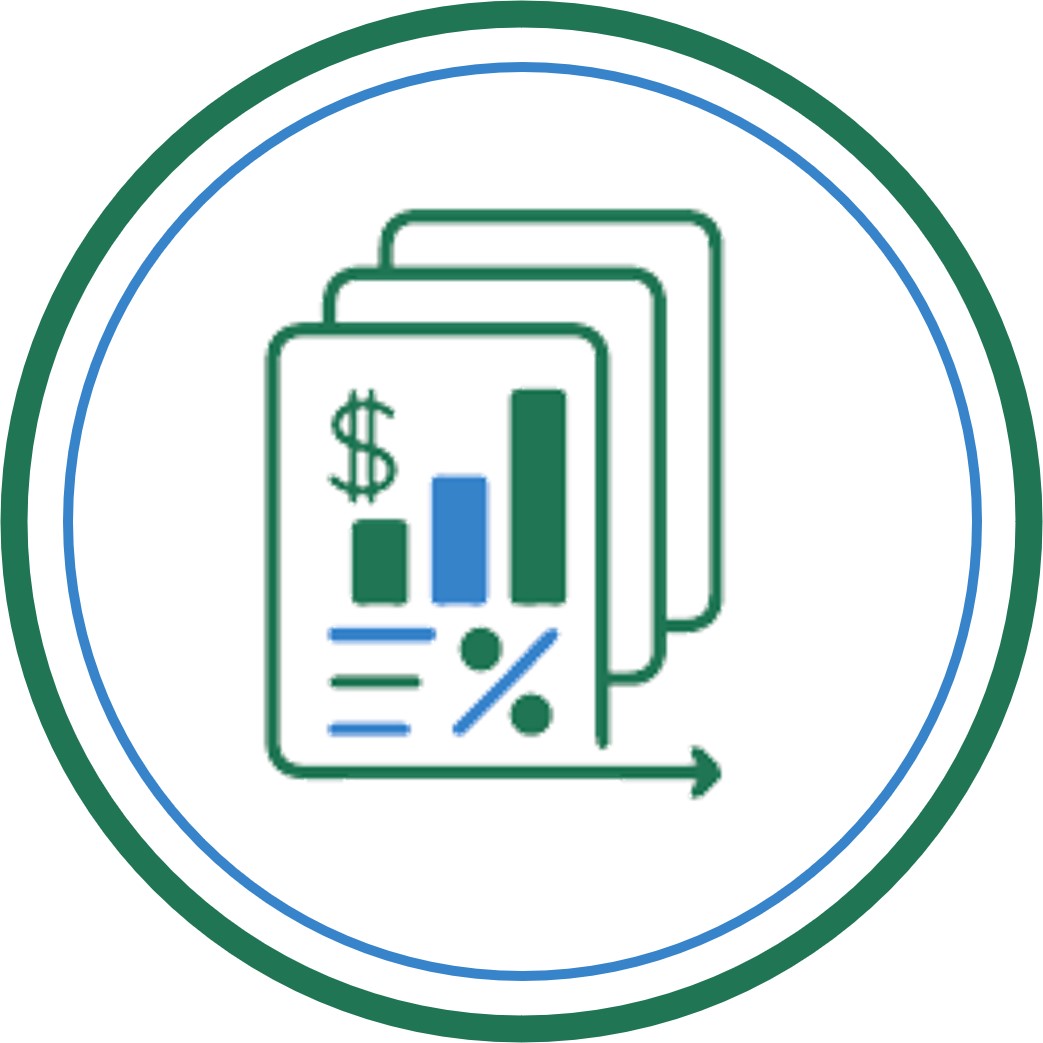If you’ve had a great year selling stocks, real estate, or perhaps a vintage comic book collection (hey, investments come in all shapes and sizes), congratulations! But before you celebrate with a yacht or a solid gold espresso machine, there’s one little thing you might want to consider: capital gains taxes.
Capital gains can significantly impact your bottom line, but with the right strategies, you can minimize the tax bite and keep more of your hard-earned profits. Let’s dive into some smart, IRS-friendly ways to manage large capital gains in 2025.
1. Timing Is Everything: Harvest Gains (and Losses) Strategically
What It Means:
Think of capital gains as ripe fruit—you want to harvest them when conditions are optimal. This is where tax-loss harvesting comes into play. It’s the process of selling underperforming assets to offset gains from winners.
Why It Matters in 2025:
With potential market volatility and tax rule changes on the horizon, strategically realizing gains and losses can help balance your tax bill. If you’ve had significant gains, look for losses in your portfolio to offset them.
Quick Tip:
Don’t forget the “wash-sale rule”—if you sell a security at a loss, you can’t repurchase the same or a “substantially identical” security within 30 days, or the IRS will disallow the loss. They’re funny that way.
2. Hold It for the Long Haul (When Possible)
What It Means:
The difference between short-term and long-term capital gains can be the difference between a friendly tax bill and one that feels like a bad breakup.
- Short-Term Gains: Taxed as ordinary income (up to 37% federal tax in 2025 for high earners).
- Long-Term Gains: For assets held over a year, rates are significantly lower (0%, 15%, or 20%, depending on income).
Why It Matters in 2025:
With inflation adjustments to tax brackets, some taxpayers might find themselves in a different capital gains tax bracket this year. Holding an asset just a bit longer could mean substantial savings.
Quick Tip:
If you’re on the cusp of the one-year mark for an asset, waiting could save you thousands in taxes. Patience isn’t just a virtue—it’s a tax strategy.
3. Leverage Qualified Opportunity Zones (QOZs)
What It Means:
Qualified Opportunity Zones (QOZs) are like the secret passageways in a financial board game—they let you defer, reduce, and even eliminate capital gains taxes under certain conditions.
How It Works:
- Defer taxes on current capital gains by reinvesting in a QOZ fund.
- Reduce taxes if you hold the investment for at least 5 years.
- Eliminate new gains on the QOZ investment if held for 10 years.
Why It Matters in 2025:
The clock is ticking on some QOZ benefits, so it’s a good time to explore these options if you’ve realized significant gains this year.
Quick Tip:
QOZs aren’t just about tax savings—they’re real investments. Do your due diligence to ensure it aligns with your financial goals and time horizon, not just your tax strategy.
4. Charitable Giving: Do Good, Save Taxes
What It Means:
If you’re feeling philanthropic, consider donating appreciated assets (like stocks) instead of cash. You’ll avoid paying capital gains tax on the appreciation, and you’ll still get a charitable deduction for the fair market value.
Why It Matters in 2025:
With potential adjustments to charitable deduction limits and income thresholds, strategic giving can maximize both your impact and your tax benefits.
Quick Tip:
Consider using a Donor-Advised Fund (DAF) to bundle multiple years of charitable contributions for a larger deduction in a single year while spreading out donations over time.
5. Installment Sales: Spreading the Wealth (and the Tax Bill)
What It Means:
If you’re selling a large asset, such as real estate or a business, an installment sale allows you to receive payments over time instead of all at once. This spreads the capital gain over several years, potentially keeping you in a lower tax bracket.
Why It Matters in 2025:
With potential tax rate changes looming, installment sales offer flexibility—you control when income is recognized, which can be a powerful tax management tool.
Quick Tip:
Interest income from installment payments is taxable, so factor that into your strategy.
6. Maximize Retirement Account Contributions
What It Means:
Contributing to retirement accounts like 401(k)s, IRAs, or even a Solo 401(k) if you’re self-employed, can reduce your taxable income, indirectly offsetting the impact of capital gains.
Why It Matters in 2025:
With increased contribution limits for retirement accounts this year, there’s more room to shelter income and reduce your overall tax burden.
Quick Tip:
Consider a Roth IRA conversion if your income is unusually low in 2025. You’ll pay taxes now but enjoy tax-free growth and withdrawals later.
The Bottom Line: Don’t Go It Alone
Managing large capital gains isn’t just about numbers—it’s about strategy. Every taxpayer’s situation is unique, and what works for one person might not work for another. That’s where we come in.
Game Changer Advisory specializes in crafting personalized tax strategies that help you “Boost Tax Perks. Raise Lasting Wealth.” Whether you’re selling assets, managing investments, or navigating complex financial events, we’re here to help you keep more of what you’ve earned.
Schedule your discovery call today and let’s create a tax strategy that’s as smart as your investment decisions.
Because paying taxes is inevitable—but overpaying is optional.

